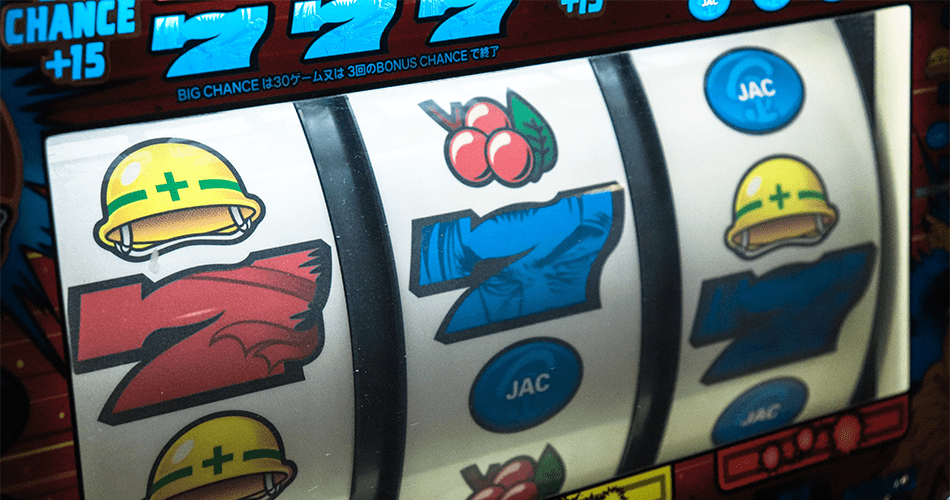A congressional caucus, formed to tackle IRS requirements on slots winnings, has introduced legislation that if enacted would raise the threshold for reporting winnings to the revenue department.
Threshold should be raised to $5,000 if adjusted for inflation
Congress members Dina Titus (D-Nevada), Guy Reschenthaler (R-Pennsylvania), Anthony Brown (D-Maryland), Mark Amodei (R-Nevada), and Steven Horsford (D-Nevada) are the caucus members who wrote and sponsored the Shifting Limits on Thresholds Act also know as the Slot Act.
At present, when a player in a casino hits the current IRS threshold of $1,200, the machine is locked until a casino employee comes to take some personal details and issue a tax form which must be completed and sent to the IRS. This is because the IRS considers any slots winnings above $1,2o0 to be taxable income.
Wins above the threshold can be offset by any prior gambling losses, however, this is something that is rarely tracked by gamblers particularly those on vacation who are playing slots for fun. This is despite the fact that all major casino companies track your gambling and will allow you to download a report on your activity. In most cases though, this report is only available to members of the companies’ loyalty programs which players must be logged into while they play to allow tracking.
Speaking of the current threshold, Rep. Dina Titus said:
“The current threshold for reporting slot winnings was set at $1,200 in 1977 and has not been updated in the 45 years since. If indexed for inflation, the threshold would be around $5,000.
Due to inflation, the number of jackpots hitting that threshold, triggering a shutdown of the machine and necessitating excessive paperwork requirements for the patron, has increased dramatically.”
She added that while changing this rule could mean less income for the government, it would benefit the casino industry as a whole.
“This creates an unnecessary burden on the gaming industry, an economic driver for Southern Nevada and other communities nationwide where slot machines exist.
While I believe appropriate taxes should be collected on winnings, raising the threshold would reduce paperwork and ensure this is accomplished more efficiently.”
Meanwhile Rep. Guy Reschenthaler pointed out that the current threshold simply isn’t fit for purpose:
“The 1977 slot jackpot reporting threshold hurts both Pennsylvania’s gaming industry and its patrons. Because the threshold has not kept up with inflation, it has resulted in a drastic increase in reportable jackpots, which trigger tax burdens for winners and compliance burdens for casinos.
Increasing the threshold will eliminate this onerous red tape, ensuring the gaming industry can continue to support good-paying jobs and foster economic growth in southwestern Pennsylvania and across the country.”
Rep. Anthony Brown added:
“We need to ensure our tax code is keeping up with the times, particularly when it comes to the gaming industry. Updating a 45-year-old threshold on slot winnings is common sense and good governance, that both reflects the decades of economic changes since 1977 and reduces excessive paperwork and reporting requirements. The Slot Act is a necessary modernization of our tax code.”
The caucus members were quick to point out that players will still need to pay income tax on any jackpots that are above the new threshold and that the Act does not eliminate the need to do so.


